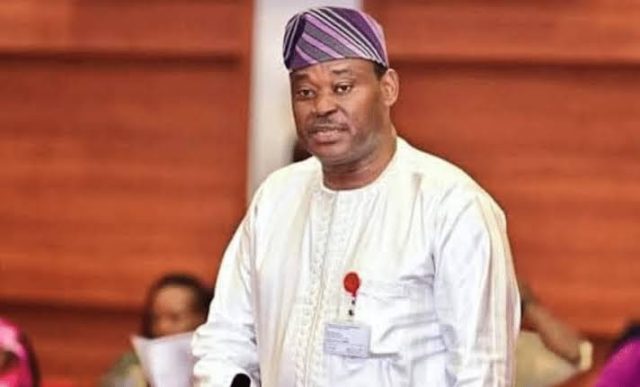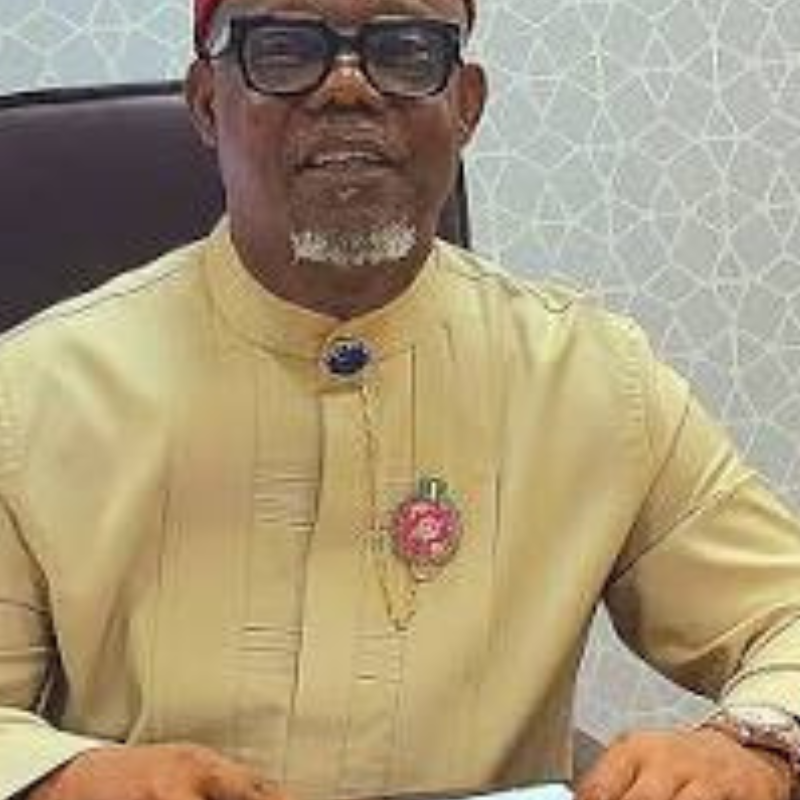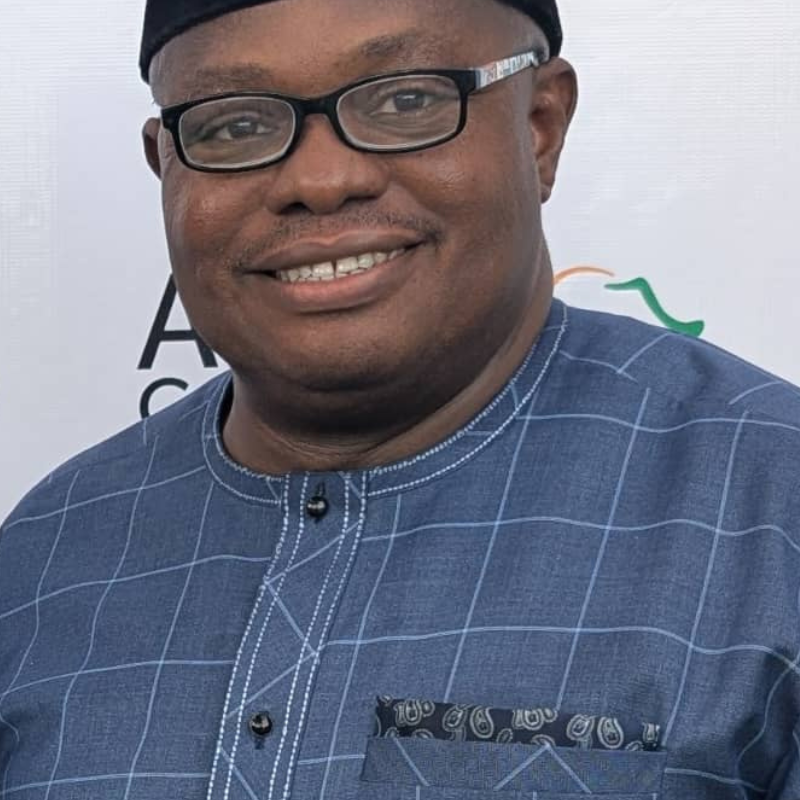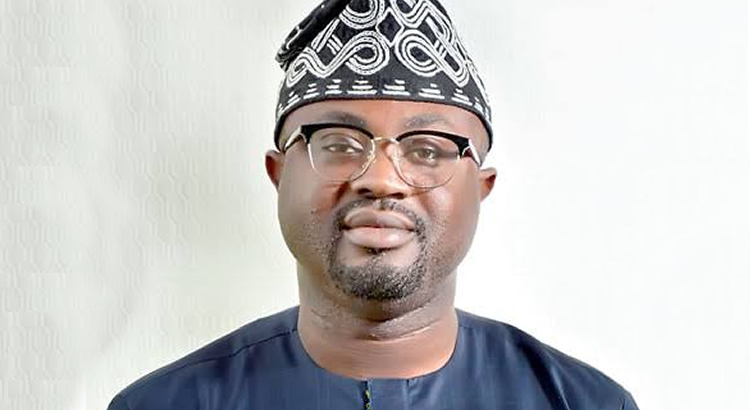Akpabio reaffirmed that the aim of the summit is to facilitate a holistic and strategic approach to national security.

The senate has resolved to organise a two-day national security summit in Abuja as part of efforts to tackle the country’s deepening insecurity and rising global uncertainties.
The resolution followed the consideration of a motion sponsored by Sen. Jimoh Ibrahim (APC, Ondo South) and co-sponsored by Sen. Titus Zam (APC, Benue North-West), Sen. Onyeka Nwebonyi (APC, Ebonyi North) and Sen. Osita Ngwu (PDP, Enugu West) during Tuesday’s plenary.
The proposed summit, which will include representatives from federal, state and local governments, as well as traditional rulers and security experts, aims to generate practical and legitimate solutions to Nigeria’s worsening security situation.
While presenting the motion, Sen. Ibrahim raised concerns over the growing scale of global insecurity driven by the ongoing Russia-Ukraine war and widening economic divides between the global North and South.
He noted that these events have not only disrupted global food systems and the Sustainable Development Goals (SDGs) but are also reshaping international power dynamics, immigration policies, and economic relations.
He said, “The growing impact of the tariff war in America and the rising emphasis on balance of power by various countries are reflected in the new international order concerning immigration and the cancellations by the new regimes which has necessitated some countries to raise funds by selling citizenship, intensifying economic conflict, and undermining globalization, which the investment the global space has pursued over the last sixty years.”
Sen. Ibrahim further emphasised the need for Nigeria to strategically reposition itself in global affairs. He warned that the next major conflict might not come with military fanfare but could emerge through economic warfare, for which traditional military solutions are inadequate.
The lawmaker lamented the pervasive insecurity within Nigeria, which continues to affect both urban and rural communities. From terrorism and ransom kidnappings to banditry and violent crimes, security threats have remained persistent, eroding the gains made by Nigerian security forces in the past.
He acknowledged the military’s ongoing efforts but insisted that the current crisis also stems from broader global economic tensions, over which military power alone has limited influence.
Sen. Ibrahim recalled Nigeria’s own history of violent political crises from the Kano riots of 1953 to the electoral upheavals of the 1960s and 1980s as cautionary tales, especially as the country moves toward future elections.
Sen. Ibrahim proposed the need to rethink Nigeria’s security doctrine, including how military communication and strategies are conceptualised. He argued that common military language, such as the Alpha, Bravo, Charlie, Delta, Echo, Foxtrot, Golf, Hotel, India, Juliet, Kilo, Lima, Mike, November, Oscar, Papa, Quebec, Romeo, Sierra, Tango, Uniform, Victor, Whiskey, X-ray, Yanke, is now publicly understood and thus insufficiently secure or strategic.
READ ALSO: Herdsmen Attack: Senate set to conduct National summit to tackle insecurity
Parliament Reports recalls that the senate has, on several occasions, organised security summits aimed at addressing the country’s rising insecurity and improving coordination among stakeholders.
In response, the President of the Senate, Godswill Akpabio, announced that the national security summit would be convened for two days.
“The summit will involve delegates from the states, traditional institutions, student bodies, affected communities, and security experts. We will also invite our colleagues in the house of representatives and relevant committees to participate,” he said.
He stressed the importance of a comprehensive and inclusive discussion:
“Security is everybody’s business, we will look at issues such as recruitment into the security forces and how many former security personnel, dismissed for minor offences or disciplinary reasons have ended up training militants in the bush.”
He also highlighted systemic problems within the security architecture saying, “When trained officers are thrown out of the system for minor infractions, and over 100 soldiers are dismissed in the name of discipline, many of them go underground and become threats,” he said. “These individuals, already trained, pass on that knowledge and become part of the problem.”
He said the summit would also assess the strength and capacity of Nigeria’s fighting forces and explore the role of communities and the media in improving safety.
Akpabio reaffirmed that the aim of the summit is to facilitate a holistic and strategic approach to national security.




